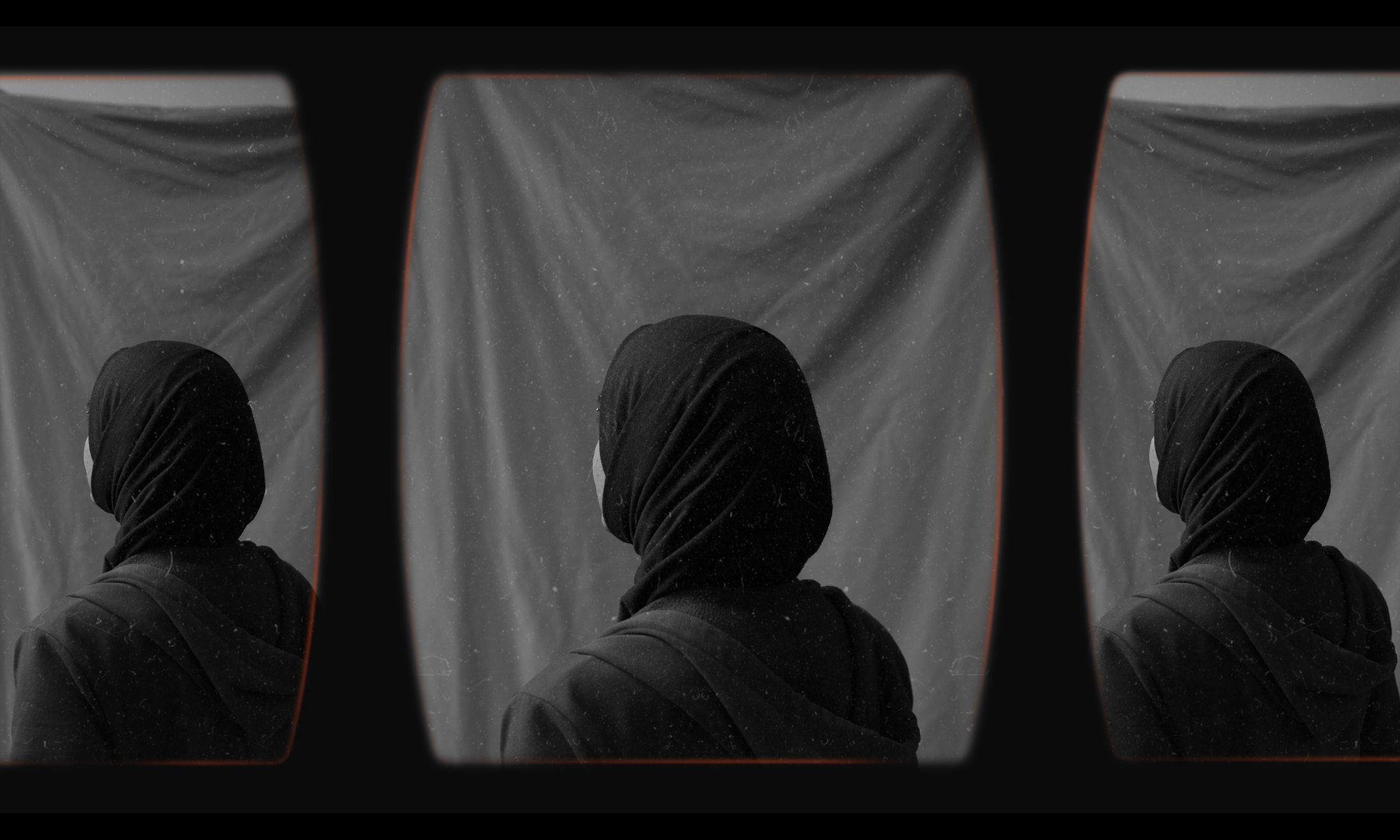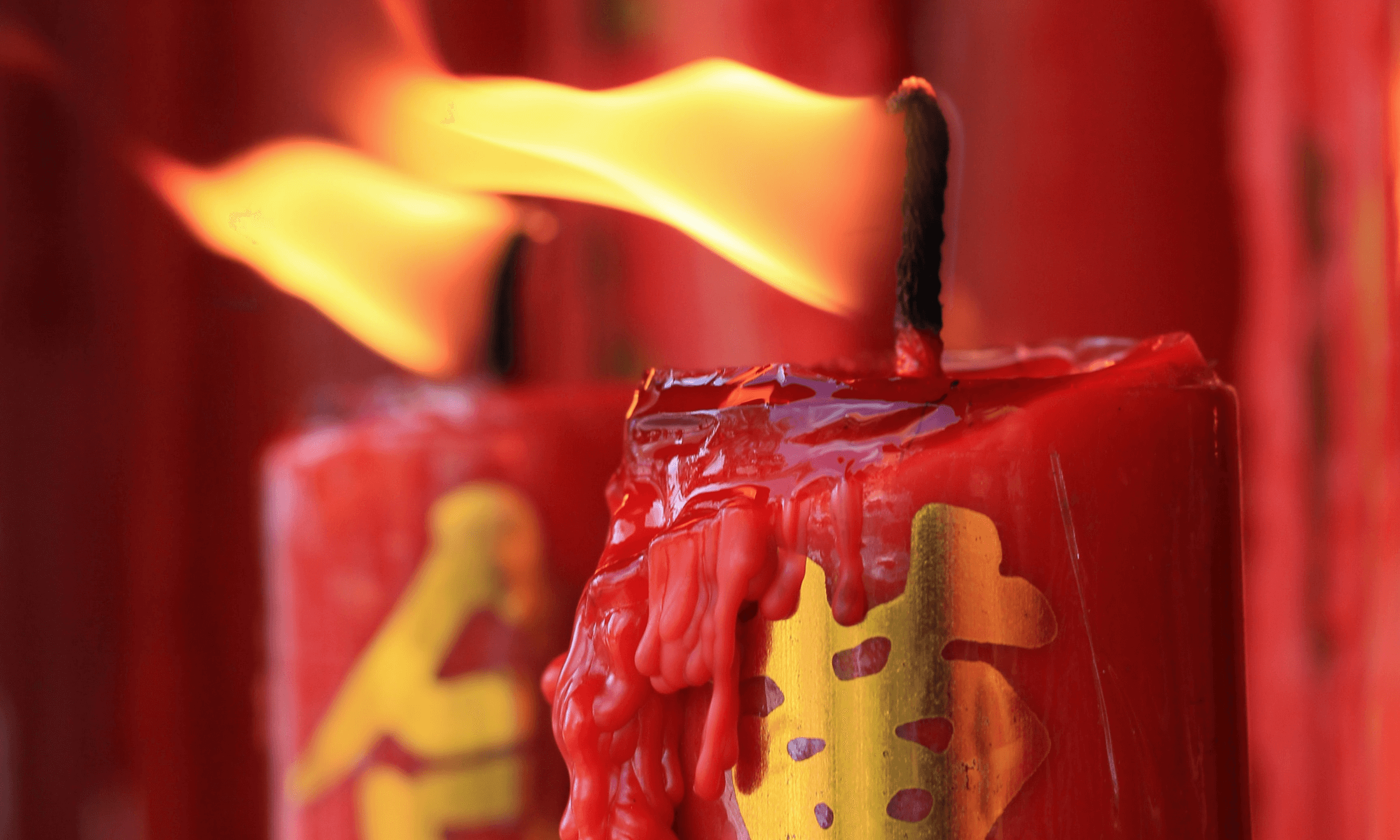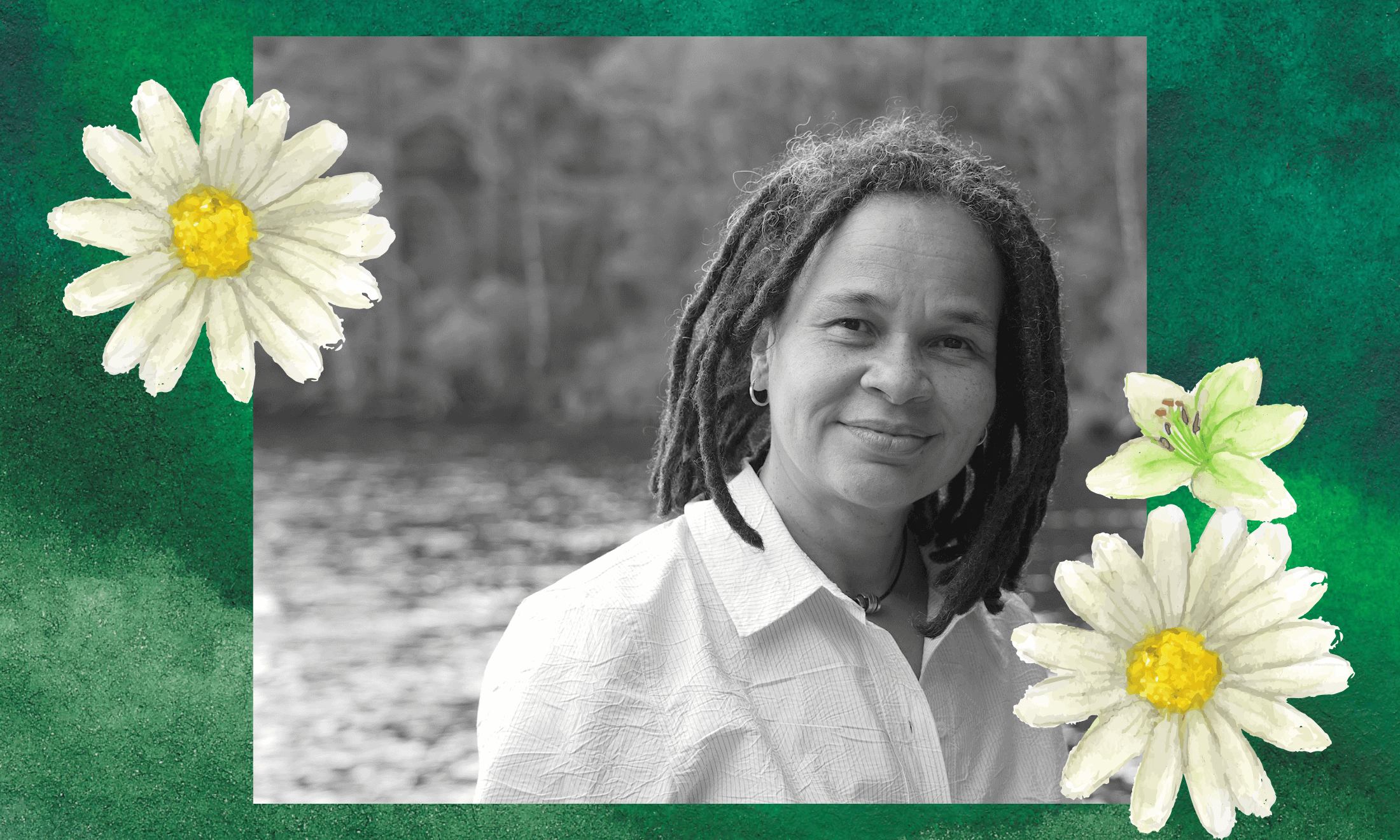
The long way around to school
A story of a young girl allegedly assaulted in London has unearthed waves of relatable sadness. Still for many, gendered violence feels like a rite of passage.
Tobi Kyeremateng
12 Nov 2020
Trigger warning: mentions of sexual assault and rape
On a Monday during the mid-2000s, 12-year-old me is getting ready for school. It’s the summer, so my jumper is stuffed into my tiny Just Do It bag and my vomit-green oversized blazer begrudgingly hangs down to my thighs. With my iPod mini in hand, I take the long way to school through the Common to make the most of the sun, before becoming acquainted with the inside of a classroom for the next eight hours. There’s nothing peculiar about this day or this route, so when a man stops me and brusquely suggests he has sex with me in the park, I freeze. Then I run, chased by the unwavering smug audacity of older men who snatch the short-lived joy from young girls and leave us to pick up the remnants.
At age 14, this would happen again, and at a similar time, the girls in my year would be given rape alarm keyrings. Then it would happen again at 15, and again at 17, and so on and so forth in what I would soon recognise to be an ever-flowing river that never really stops, ebbing and flowing in varying degrees of horrid normalcy as I got older.
Now, aged 25, I see the experiences of young girls today mirror my own and those of the girls I grew up with. In the early hours of Tuesday 3 November, a story of a young girl being allegedly assaulted starts circulating on Twitter. My belly knots itself into the same pretzel of anger, trauma and hurt. A not-quite disbelief that a decade later, I would be able to recognise myself in the cracked, wobbling voice of this young girl, thanking the brave women that rooted for her safety, who in turn cry with her in this unspoken language that says “I see you, I understand, and I’m sorry”.
“when a man stops me and brusquely suggests he has sex with me in the park, I freeze”
Twitter is set ablaze with calls for the perpetrator to be identified, arrested, or delivered a large-portion of “jungle justice”. While others celebrate the women with an abundance of gratitude and a hand-delivered card from the likes of K-Trap. For some of us, this hits too close to home, and we’re back to being frozen – not knowing what to do or say, but feeling every ounce of appreciation for those women, and seething rage on behalf of the girl that had to endure this.
If I’m to be sure of anything, it’s that I don’t know a single woman who doesn’t have a story like this, and they don’t know a single woman who hasn’t experienced the same. And I’m angry. I’m angry for them all, for the fear and guilt and shame they felt, and for the fact that this one collective experience is what has bound them together in solidarity. I’m angry because I know exactly how they feel. I, like many others, am each and every one of those women.
In 2017, I posted a poll on Twitter asking women how old they were when they first experienced being harassed by men, and 43.8% of nearly 300 voters stated they were between the ages of 9-13. A bittersweet wave of relief and anger swept through my body as I realised I wasn’t alone in my experience. Three years later, I posted another poll asking the same question, and the results were the same.
As women began to tell me their stories – being followed home, almost being abducted if not for a bystander, being coerced – the visibility of our collective trauma surged. Assault felt like an inevitability that would launch us into being faced with the realities of our gendered experience. For black women, in particular, the racialisation of our assault doesn’t always warrant the relevant care and ramifications for our abusers, and black girls are left feeling unprotected, unsupported and stuck within a particular misogynoir that doesn’t see black girls as children. And instead ages them into a womanhood that not only justifies but simultaneously places blame on their experiences of assault.
“I wonder, in a world where girls aren’t forced into a round-the-clock conscientiousness of their own beings, what would they dream of?”
Somewhere, deeply embedded in the web of sisterhood, is a collective anguish we shouldn’t have to share. In reckoning with each other and ourselves, of questioning whether it was our fault, of why it had to happen to us, of when it’ll eventually stop – if ever – we learn that we could travel anywhere in the world and meet women like us wherever we went. Stitched into the back pockets of society is an intrinsic misogyny that tells us this is a rite of passage, and forgotten at the bottom of old school bags is the stolen youth of girls who weren’t allowed to just be children. Girls who were instead taught that their bodies were seen as playgrounds and a hyper-awareness had to become their mother-tongue, and quickly.
And I wonder, in a world where girls aren’t forced into a round-the-clock conscientiousness of their own beings, what would they dream of? How often would they take spontaneous late-night walks with their friends, just because? How loudly would they play their music through their headphones once it starts getting dark? How trusting would they feel around men they don’t know, or how often would they smile at strangers? How would we live if we truly felt the freedom to be safe? Instead, we adopt survival tools as third limbs, clutching our keys in between our fingers on the way home, keeping our headphones in with no sound playing, calling a friend for frivolous conversation to get us through this pang of fear, walking with conviction, when really, we want to run.
Whenever women are held together by this joint experience, I hold all the different versions of me that had to rebuild themselves each time. I hold the many women who have all been that girl, and I look towards a future where women and girls never have to be bound together in this way again and no longer have to fear taking the long way to school.








